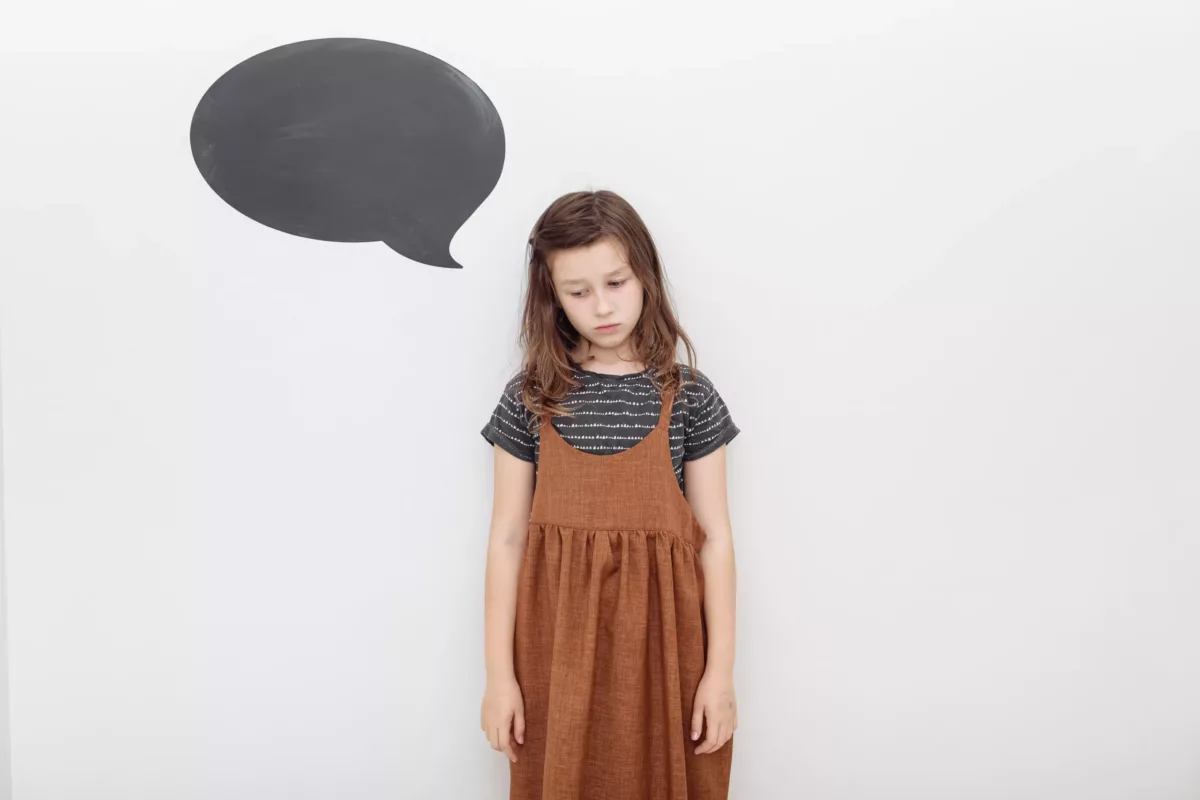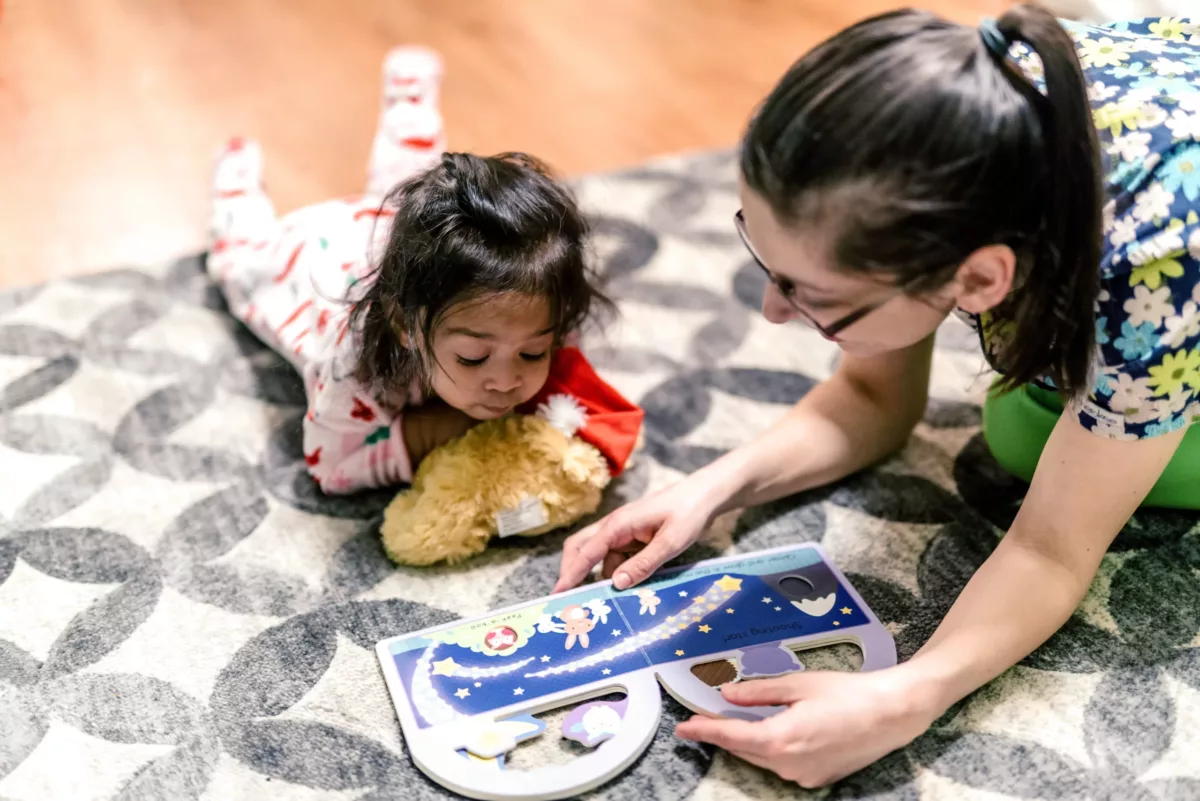A learning disorder that involves reading problems caused by an inability to identify speech sounds and learn how these relate to words and letters is called dyslexia. In some cases, this condition is called a reading disability. The cause of this condition is certain differences in the brain areas responsible for language processing.
However, this condition is not caused by intelligence, hearing, or vision problems. Thus, most people during childhood have succeeded in school with specialized education programs or tutoring. Moreover, emotional support plays an important role in children with dyslexia.
Unfortunately, there is no cure for people with this condition, but with early diagnosis and intervention, the condition may be treated. In some cases, this condition is undiagnosed for many years and may be noticed during adulthood. In any case, it is never too late to get help.
Symptoms
It is difficult to notice dyslexia symptoms until the child goes to school. Usually, the teacher is the first person who notices a problem. The severity of the condition fluctuates among people, and the symptoms become more noticeable when the child begins learning to read.
Before School
Check some symptoms below:
- Late talking
- Slowly learning new words, nursery rhymes or playing rhyming games
- Issues with remembering or naming numbers, colors, and letters
- Problems forming the words properly (including reversing sounds in words or confusing words)
School Age
Usually, during school time, dyslexia is identified. Check some symptoms below:
- Difficult understanding and processing what is heard and seeing differences and similarities in words and letters
- Issues with remembering the sequence of things
- Reading well below the expected level according to the child’s age
- Difficult spelling
- It may take a lot of time to complete tasks that involve writing or reading
- Frequently avoid activities that involve reading
- Problems with finding the words or forming answers to questions
Teens and Adults
Most of the symptoms in teens and adults are very similar to those in children. Check below for the most common symptoms of dyslexia in teens and adults:
- Problems with spelling, learning a new language, and doing math word problems
- It takes a long time to complete tasks that involve reading and writing
- Difficulty reading, writing, and summarizing a story
- Teens and adults with dyslexia usually avoid activities that involve writing and reading
If you notice that the reading level is below expected, do not hesitate to see a doctor. When dyslexia is left untreated, problems with reading and writing may last up to adulthood.
Causes
This learning disorder usually occurs due to differences in certain brain parts that enable reading. Experts believe that dyslexia is linked with certain genes that negatively affect the way the brain processes reading and language. The only factor that increases the risk of dyslexia and other reading or learning disorders is a family history of these disorders.
What Are The Possible Complications of Dyslexia?
If the disease is left untreated, it may cause some complications. These include:
- Learning problems – A basic skill for most school subjects is reading. Children with dyslexia are usually at a disadvantage because they have trouble keeping up with peers.
- Social problems – Without treatment, dyslexia may lead to low self-esteem, behavior problems, aggression, anxiety, and relationship problems.
- Adulthood problems – Long-term social, economic, and educational problems may occur in adults who do not get treatment during childhood.
In addition, people with dyslexia are at higher risk of developing attention-deficit/hyperactivity disorder (ADHD) and vice versa. This mental disorder causes difficulty keeping attention, which may cause hyperactivity and impulsive behavior. Thus, dyslexia may become more difficult to treat.
Diagnosis
Unfortunately, there are no tests that may diagnose this learning disorder. However, to determine whether a child has dyslexia or not, physicians may perform multiple tests. These include:
- Evaluation of the development, educational problems, and medical history of the child – During this examination, physicians may ask some questions about family history or learning disabilities.
- Questionnaires – These questionnaires are used to identify the language and reading abilities that your child has.
- Vision, hearing, and neurological (brain) tests – These tests are used to check for other health conditions that may cause reading difficulties in your child.
- Psychological examination – This test involves specific questions that help better understand your child’s mental health. It may help identify social problems, anxiety, or depression.
Treatment
While the condition cannot be treated, early diagnosis and treatment may help improve reading and writing abilities. There are multiple cases in which children with dyslexia become competent readers after treatment.
Educational Techniques
Children with dyslexia usually need individual teaching programs. The treatment program is made according to the evaluation of the child’s academic skills (including reading skills), mental health, and others.
Mostly, teachers use specific techniques that involve hearing, vision, and touch to improve reading skills. This treatment focuses on helping your child to:
- Understand that letters and strings of letters represent sounds and words (phonics) and what is read (comprehension)
- They also learn to read aloud to improve reading accuracy, speed, and expression (fluency) and build a vocabulary of understood and recognized words
- This treatment also involves learning to recognize and use the smallest sounds of the words (phonemes)
In people with severe dyslexia, progress may be slower. In such cases, they need frequent tutoring with a reading specialist.
Frequently Asked Questions
What is dyslexia?
This is a neurodevelopmental disorder that negatively affects reading abilities. Experts believe that differences in some brain parts responsible for reading and language cause the condition.
Do ADHD and dyslexia go together?
Yes, people with dyslexia have an increased risk of developing ADHD and vice versa. Furthermore, if you have one condition and develop another one, the symptoms may worsen, and the first condition may become more challenging to treat.
What are dyslexia complications?
The following complications usually occur when the disease is left untreated. For example:
- Academic and learning difficulties
- Emotional, social, and behavioral problems
- Developmental coordination issues
- Mental diseases (such as depression or anxiety)
This document does not contain a complete list of dyslexia complications. Ask your healthcare provider if you have additional questions.




